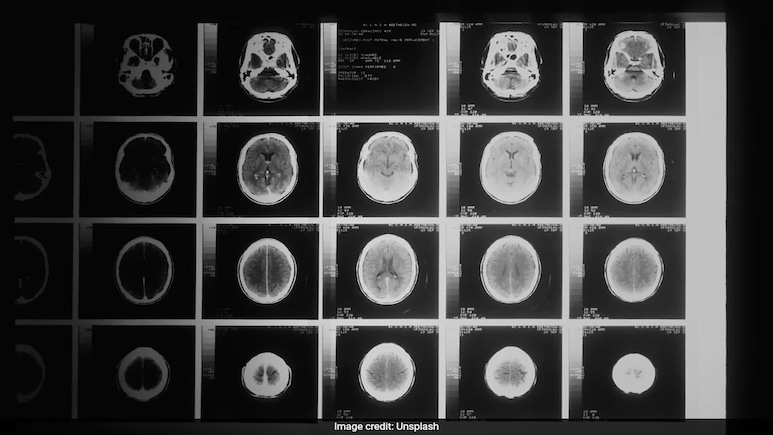
New research has found that brain ageing might have accelerated during the COVID-19 pandemic, even in people who were not infected. It also found that men were apparently more affected. The study, published in Nature Communications, analysed the pandemic period, when people struggled with a tumultuous time marked by social isolation, lifestyle disruptions and stress.
Many studies have found that SARS-CoV-2 infections have worsened neurodegeneration and cognitive decline in older people. But this new research investigates how people are still affected by the pandemic.
Also Read | From Diet To Vaccine: Doctor Discusses 6 Ways To Prevent Majority Of Cancers
The researchers said that the accelerated ageing was most noticeable in older people, male participants and those from disadvantaged backgrounds.
However, as per the cognitive tests, mental agility declined only in participants who contracted a case of COVID-19. The findings also suggest that faster brain ageing doesn't necessarily translate into impaired thinking and memory.
The study "really underlines how significant the pandemic environment was for mental and neurological health," Mahdi Moqri, a computational biologist who studies ageing at Harvard Medical School in Boston, Massachusetts, said, as quoted by Nature.
According to Moqri, the study analysed scans taken at only two time points, and researchers are not sure whether the pandemic-associated brain ageing is reversible.
The ageing effect "was most pronounced in males and those from more socioeconomically deprived backgrounds", study co-author Ali-Reza Mohammadi-Nejad, a neuroimaging researcher at the University of Nottingham, UK, told NBC News.
"It highlights that brain health is not shaped solely by illness, but also by broader life experiences."
Also Read | Researchers Study Prehistoric CO2 Levels After Reconstructing Air From Dinosaur Teeth
The team of researchers studied the UK Biobank, using the dataset to train their model. The bank is a massive database of anonymous health data from 500,000 volunteers, between 40 and 69 years old. They were recruited between 2006 and 2010.
The biobank has collected 100,000 whole-body scans, and the researchers used imaging data from 15,334 healthy individuals that had been collected prior to the pandemic.
The researchers also analysed data from 996 participants who had two scans, with the second one taken on average 2.3 years after the first. Some participants had both scans prior to the pandemic, and some had a second scan after the start of the pandemic. The data, together, helped the AI model study changes in the brain.
The researchers found a 5.5-month acceleration in ageing linked to the pandemic. "We don't yet know exactly why, but this fits with other research suggesting that men may be more affected by certain types of stress or health challenges," Mohammadi-Nejad said.
Track Latest News Live on NDTV.com and get news updates from India and around the world

